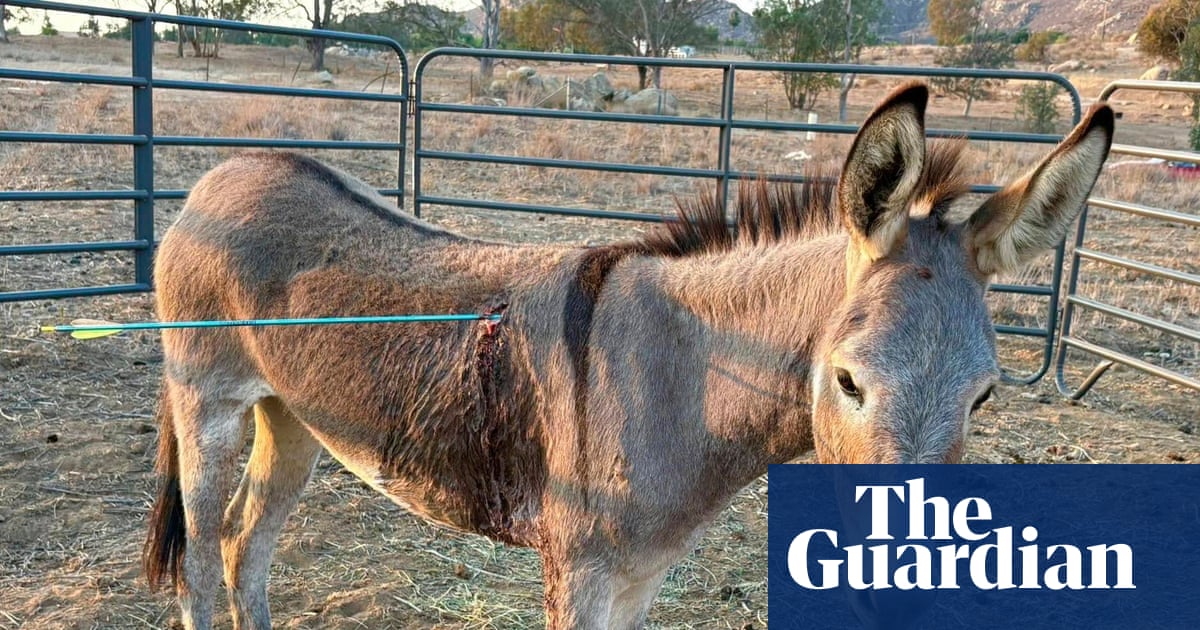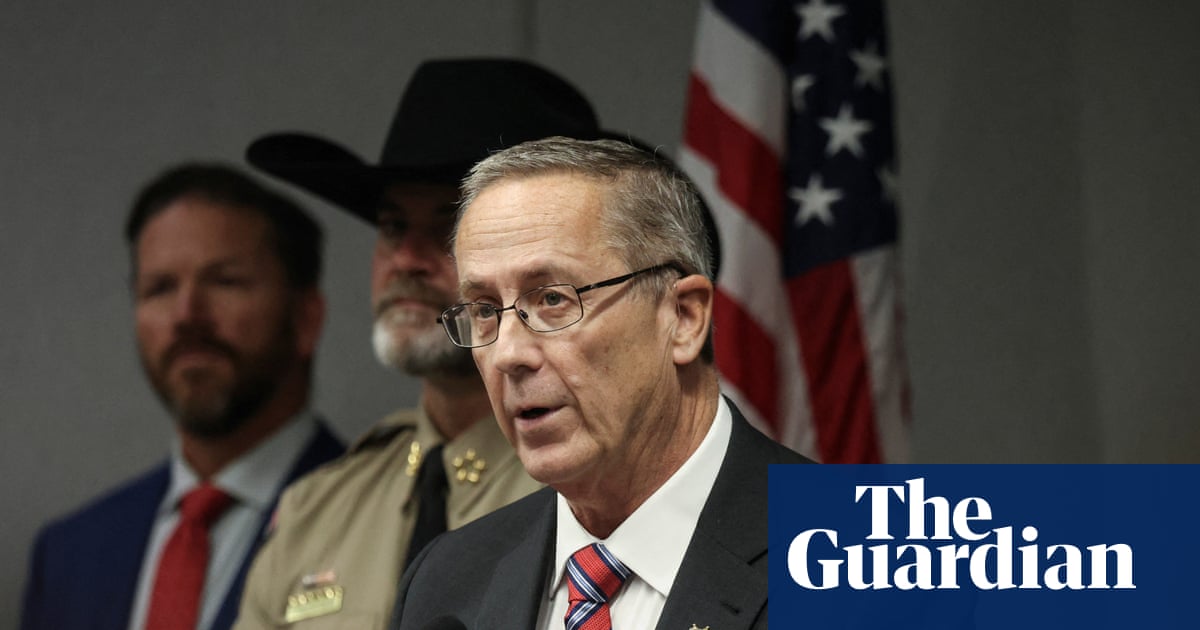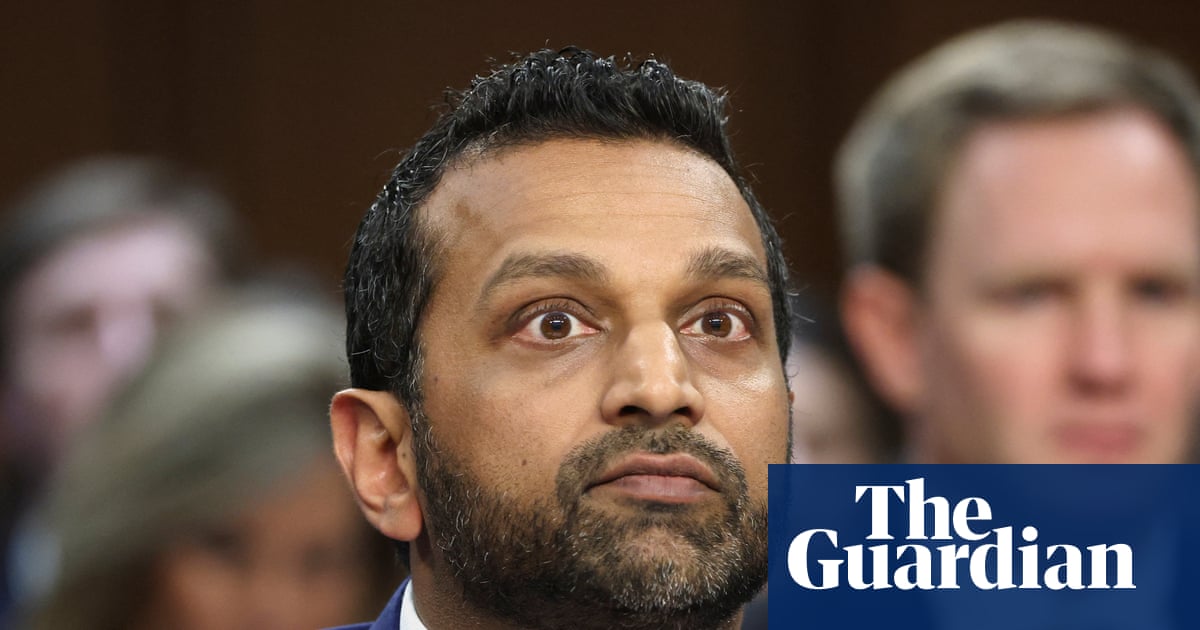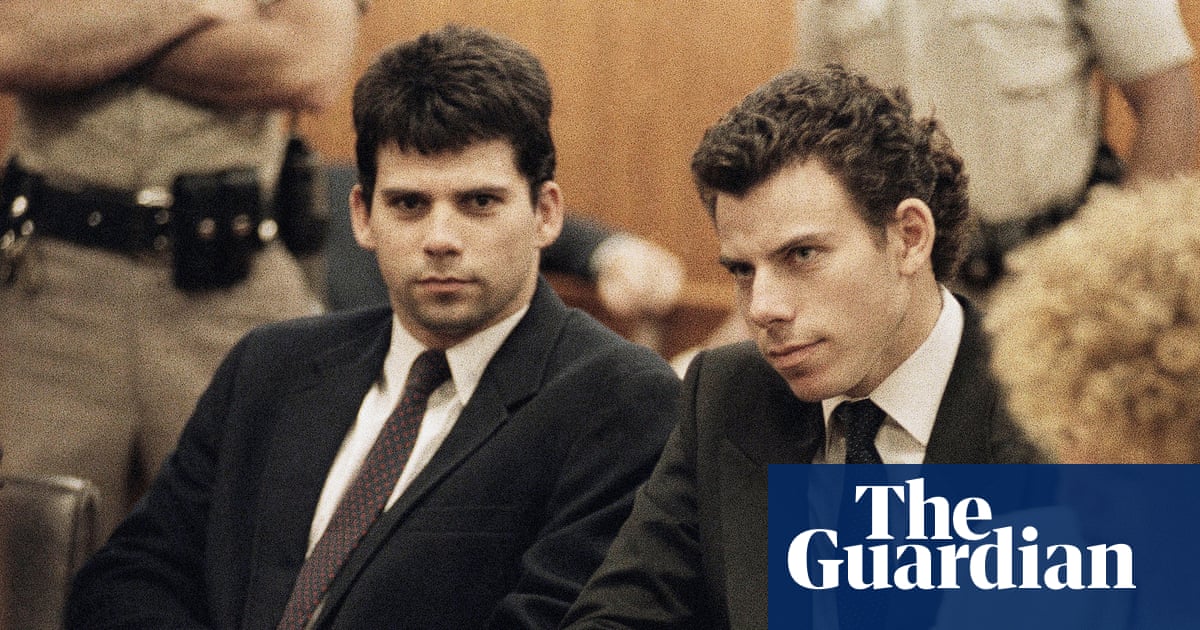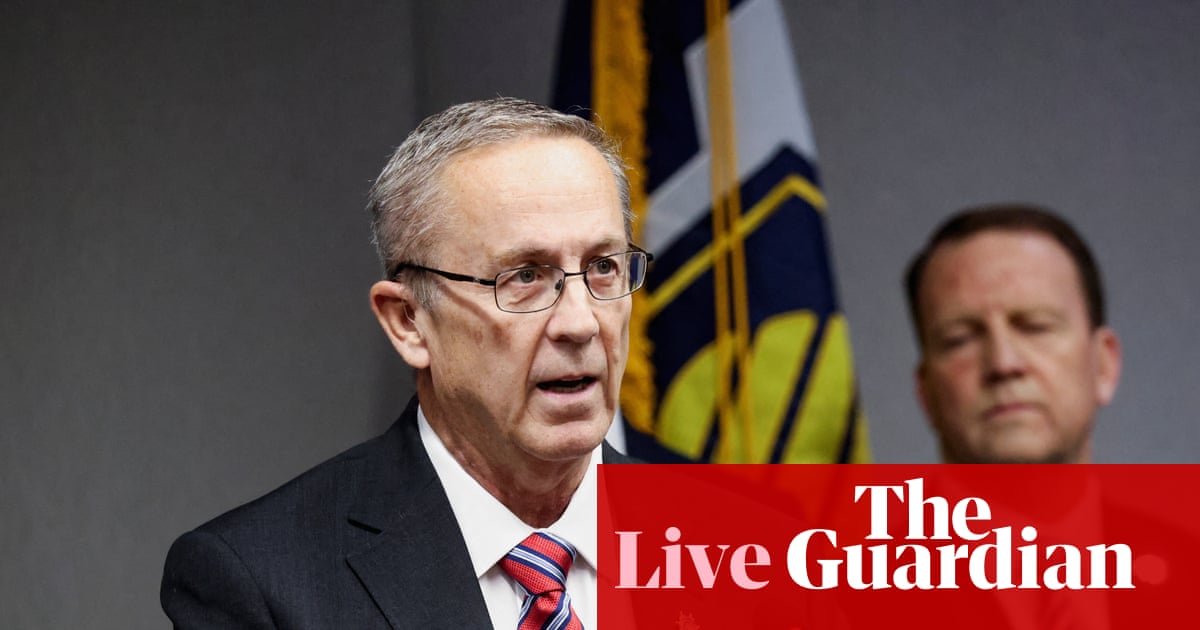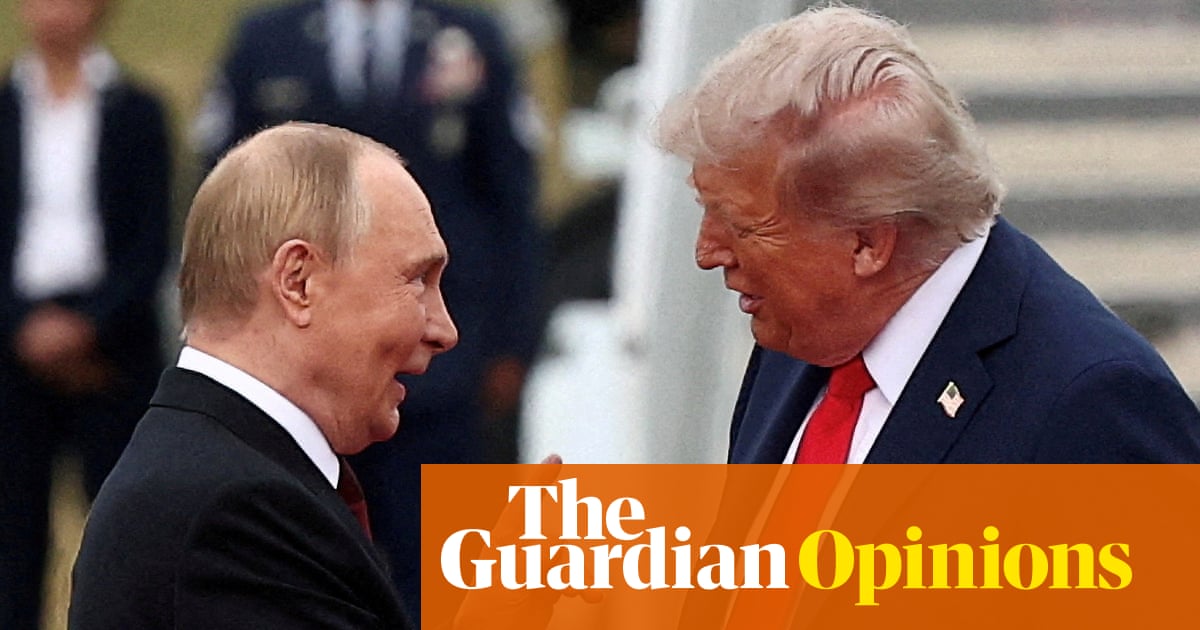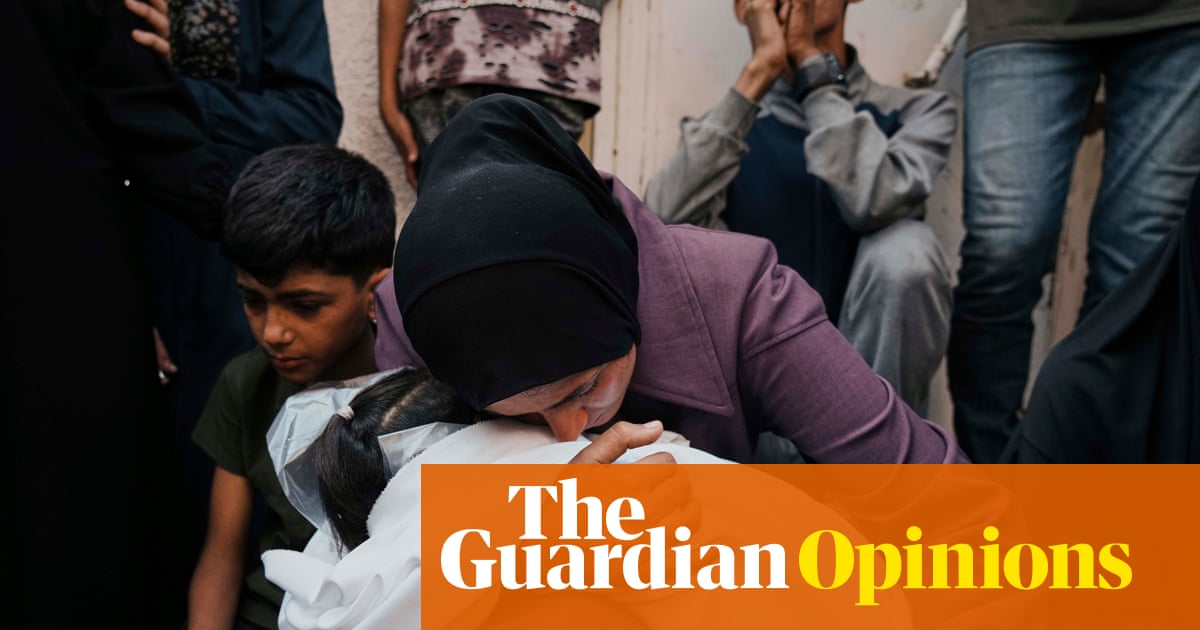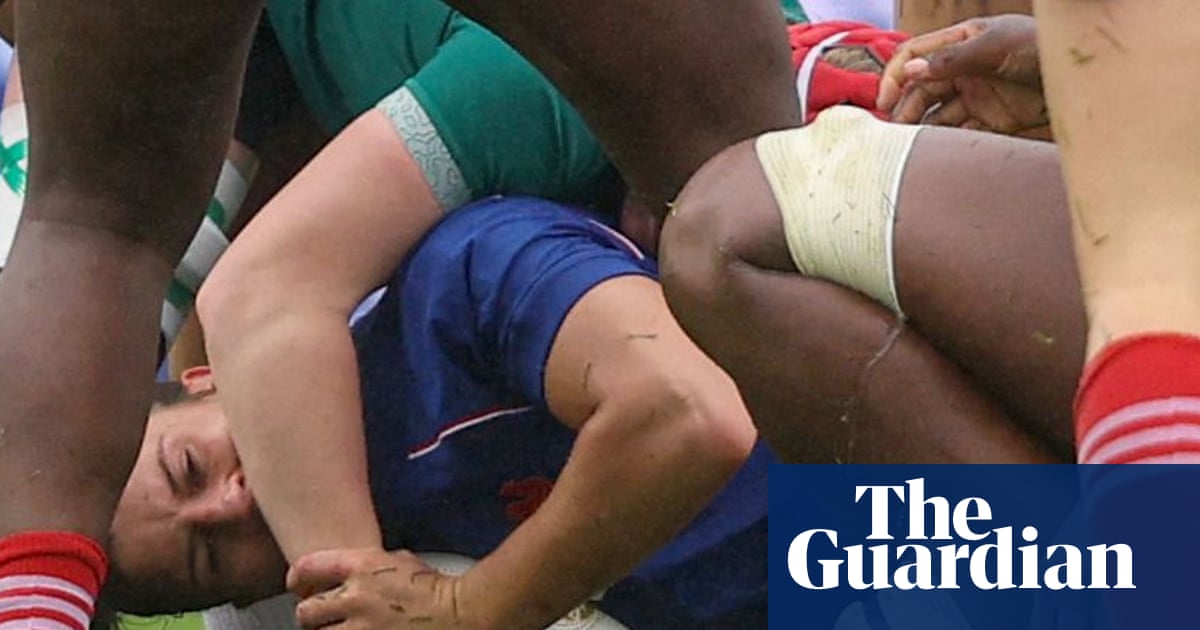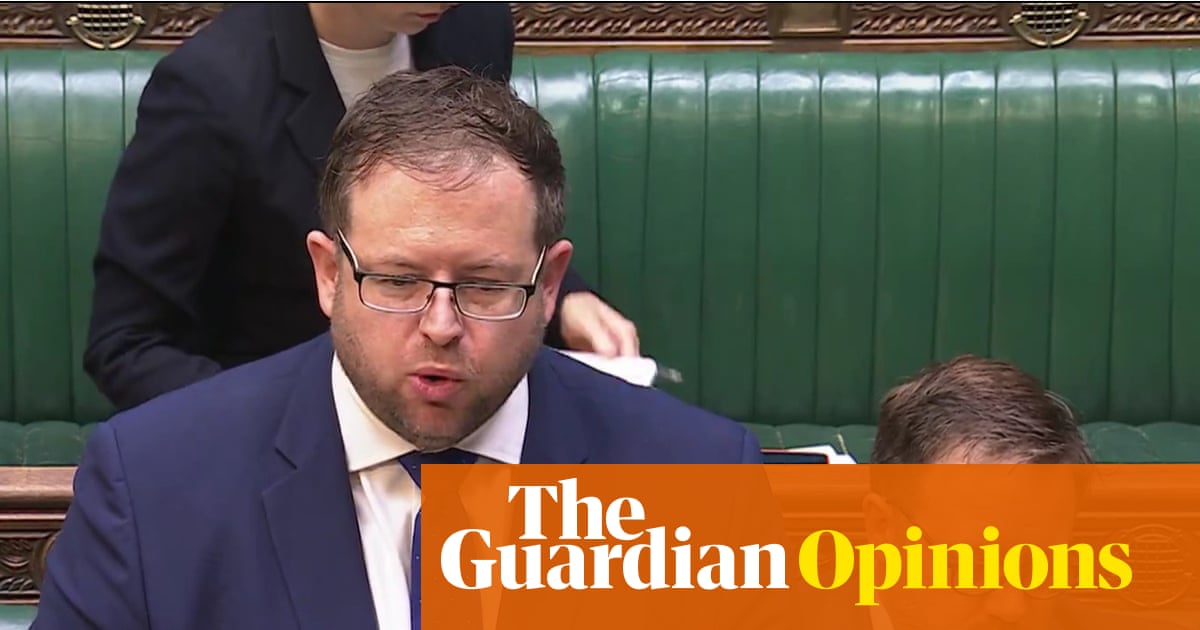Right now, aid reductions across the globe are jeopardising decades of progress against preventable diseases, leaving millions of people vulnerable. This retreat from global health threatens to unravel hard-won advances against diseases we have nearly conquered.
Polio, which paralysed hundreds of thousands of children annually just 40 years ago, has been eliminated in most parts of the world. Meanwhile, there has been a resurgence of diseases such as measles and cholera in populations besieged by conflict and climate emergencies.
Britain faces a critical choice: follow this global trend of disengagement or stand firm as a bulwark for international health security.
I understand the tough trade-offs the government must make to get public spending under control, but the stakes extend beyond humanitarian concerns to our own national interests. Last year, the detection of poliovirus in UK sewers threatened our own children and delivered a reminder that diseases respect no borders. Our protection at home depends directly on our commitment to efforts abroad.
Yet the government’s budget spending review promises precisely the wrong direction. By slashing international aid to a 25-year low – from 0.5% of gross national income to just 0.3% – to finance increased defence spending, the government paradoxically risks undermining our own domestic health security.
In real terms, this would gut our development assistance by 40% in just four years. Such draconian cuts would severely undermine all major global health initiatives.
Of course, fiscal prudence is necessary, but how can we ignore the humanitarian and strategic costs of these reductions?
Even beyond self-protection, a strong global health budget surely reflects our deepest values. No child should die from a disease we can prevent.
Threats to global health inevitably become threats to Britain’s health, and all our protection depends on maintaining our international leadership in this field.
Now, as vulnerable children face renewed threats from these very diseases, polio stands as a glaring example of what is at stake.
In 1988, the Global Polio Eradication Initiative (GPEI) was formed – a landmark public-private partnership led by national governments alongside partners including Rotary International, the World Health Organization and Unicef. This collaborative effort is crucial for tackling a major health threat such as polio. Since worldwide vaccination efforts began, an estimated 20 million children who would have been paralysed are walking today, and approximately 1.6 million deaths have been averted.
This is remarkable, but fragile, progress. In 2024, the number of children paralysed rose in Pakistan and Afghanistan, the two remaining endemic countries. In grim examples of how conflict can upend everything, polio paralysed a child in Gaza for the first time in two decades last year and continues to afflict families in Sudan. Not investing in polio could translate to 200,000 new cases of the disease every year, including in countries where it has long been eradicated, and cost the world billions.
Pound for pound, prevention has consistently proved to be a “best buy” compared with endlessly responding to outbreaks. The financial case for continued investment in polio eradication is unassailable.
Yet the global eradication agenda faces a critical funding gap of about £1.7bn to meet its overall £5bn target. The UK has invested £1.3bn since 1988 and is one of the effort’s staunchest backers. Support is needed now more than ever. At its core, the GPEI is a partnership.
To abandon our commitments now, on the threshold of ending polio for good, would undermine decades of investment, leave millions of children unprotected and ultimately cost more in the long run.
We have the tools to end polio for good, along with strong public backing: last month, more than 85,000 people across the UK participated in the Rise Together movement challenge in support of efforts to end the disease.
As Britain faces its most challenging fiscal scrutiny in decades, the decisions made today will define our country’s economic success – as well as our reputation as stewards of a safer, healthier world for all. The budget spending review presents an opportunity to state unequivocally that the UK will maintain a long-term commitment to protecting children worldwide, including our own, from preventable diseases.
The choice before us is clear. We can honour a proud tradition of global health leadership by maintaining our commitment to eradicate polio once and for all, or we can retreat at the very moment victory is within reach.
-
Sarah Champion is the Labour MP for Rotherham

.png) 3 months ago
46
3 months ago
46
